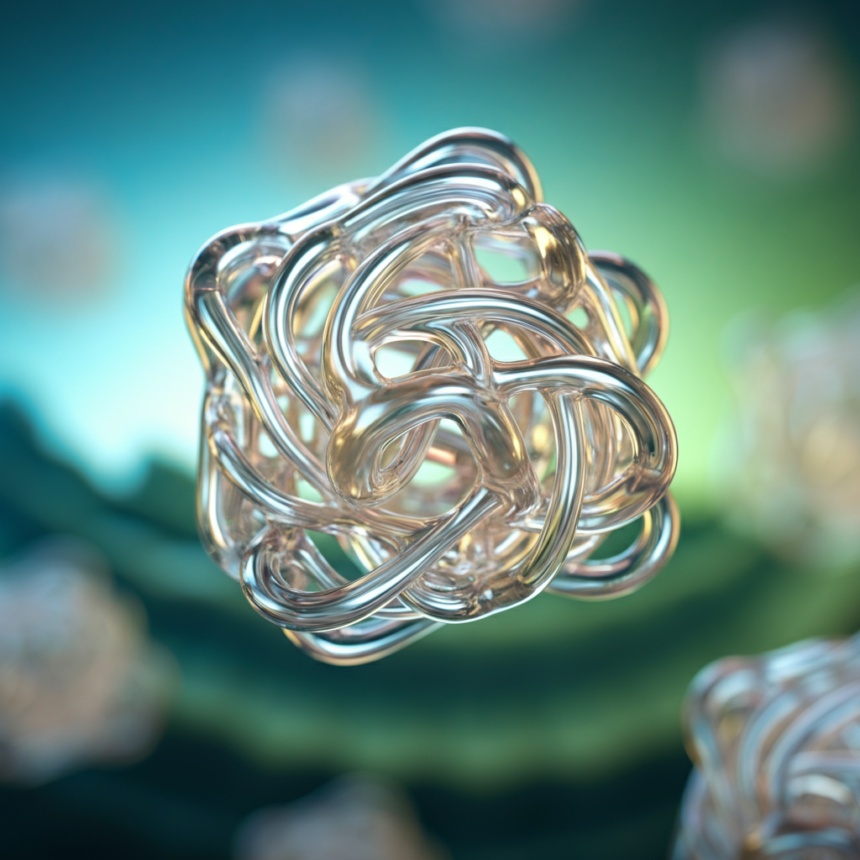Understanding Albumins and Their Role in Health and Biology
Albumins might not be as well-known as proteins like collagen or hemoglobin, but they play a critical role in our bodies and beyond.
They are an essential group of water-soluble proteins that exist in the blood plasma and other bodily fluids of all vertebrates.
This blog dives deep into what albumins are, why they are significant to human health, and their applications in medicine and biotechnology.
Whether you’re a healthcare professional, a student, or simply curious about biology, you’ll leave with a better understanding of this understated but fascinating protein group.
What Are Albumins
Albumins are a family of proteins that are water-soluble and globular in shape. They are abundant in blood plasma, where they are synthesized in the liver. Human serum albumin, the most prevalent albumin in our blood, comprises over half of all plasma proteins. Albumins are distinguished by their ability to transport molecules while maintaining essential osmotic pressure in the bloodstream.
The Function of Albumins in the Body
Albumins are often called the body’s multitaskers because of their range of vital functions. Here’s what they do:
- Maintaining Osmotic Pressure
Albumins help regulate the balance of fluids between cells and blood vessels by maintaining oncotic pressure. This balance prevents excessive fluid leakage into tissues, reducing the risk of swelling or edema.
- Transporting Substances
They act as molecular carriers in the bloodstream, transporting substances such as hormones, fatty acids, vitamins, and drugs. Albumins ensure these compounds are delivered to the right cells and tissues efficiently.
- Buffering pH Levels
Albumins also play a role in keeping the blood’s pH stable. They act as weak acids and bases when necessary, ensuring that the acidity levels in our body remain balanced.
- Detoxifying the Blood
Many waste products and toxins bind to albumins, helping clear them from the body during processes like urine formation.
Why Albumins Matter in Health
Albu mins are widely studied due to their vital role in detecting, diagnosing, and managing various medical conditions. Let’s explore their relevance in healthcare:
Albumin and Diagnostic Health Indicators
Doctors frequently measure albumin levels as part of standard blood tests. An abnormal albumin reading can be indicative of several conditions, such as:
- Low Albumin Levels (Hypoalbuminemia)
Hypoalbuminemia indicates an insufficient concentration of albumin in the blood. It may suggest health issues like liver disease, kidney disorders, malnutrition, or chronic inflammation.
- High Albumin Levels
While rare, elevated albumin levels may indicate dehydration or other less common medical concerns.
Albumin in Medical Treatments
Albumin’s ability to bind to various molecules has led to numerous therapeutic applications in modern medicine.
- Intravenous Albumin Therapy
IV albumin therapy is often administered to treat hypoalbuminemia and conditions like liver failure, shock, burns, or nephrotic syndrome.
- Drug Delivery
Because of its excellent transport capacity, albumin is utilized in drug development. Researchers engineer albumin-based drug carriers for better bioavailability and prolonged circulation in the body.
- Bioengineering and Biotechnology
Albu mins have found applications in bioengineering projects, including tissue scaffolding and therapeutic implants.
The Role of Albumins in Biotechnology
Beyond healthcare, albumins are heavily utilized in biotechnology and industrial applications. Here’s a look at how they are being leveraged:
- Albumin as a Standard in Laboratory Research
Bovine serum albumin (BSA), a type of albumin derived from cows, is a staple in research labs. BSA is often used as a protein standard in experiments measuring other protein concentrations.
- Food Production
Certain albu mins, such as those found in egg whites, are commonly used as stabilizing and binding agents in the food industry.
- Pharmaceutical Preparations
Albumin is included in numerous formulations to stabilize biopharmaceuticals like vaccines, ensuring they remain effective during storage and transport.
Fascinating Facts About Albumins
- Human serum albumin has 585 amino acids! This makes it one of the most intricate proteins in the human body.
- Alb umins are incredibly versatile and can bind to hydrophobic and hydrophilic molecules, meaning they interact with both water-loving and water-avoiding compounds.
- Bovine serum albumin (BSA) is often used as a research model to understand human albumin due to their structural similarities.
Benefits of Studying Albumins
Understanding al bumins doesn’t just improve knowledge of human physiology; it has practical benefits for medical science, biotechnology, and even daily nutrition. For example, continued research into albumins is advancing innovations in drug delivery systems and protein engineering, ultimately producing more effective and less invasive treatments.
How to Promote a Healthy Albumin Balance
Maintaining proper albumin levels is integral to good health. Here’s how you can keep your albumin levels within a healthy range:
- Maintain a Balanced Diet
Consume enough high-protein foods like eggs, lean meats, dairy, and legumes to support albumin production.
- Stay Hydrated
Proper hydration prevents conditions like dehydration, which can lead to high albumin readings.
- Monitor Chronic Conditions
If you have liver or kidney-related health concerns, regular check-ups can ensure your albumin levels remain optimal.
- Avoid Excessive Alcohol
Long-term alcohol consumption can impact liver function, affecting albumin synthesis.
Advancing Medicine and Nutrition Through Albumins
Albu mins may not command the limelight as much as other molecules, but their significance cannot be overstated. From supporting our biology to driving innovation in biotechnology and medicine, their influence spans various domains.
Whether you’re interested in optimizing your health, exploring biotechnological innovations, or contributing to groundbreaking research, albumins are a topic worth understanding in depth.





